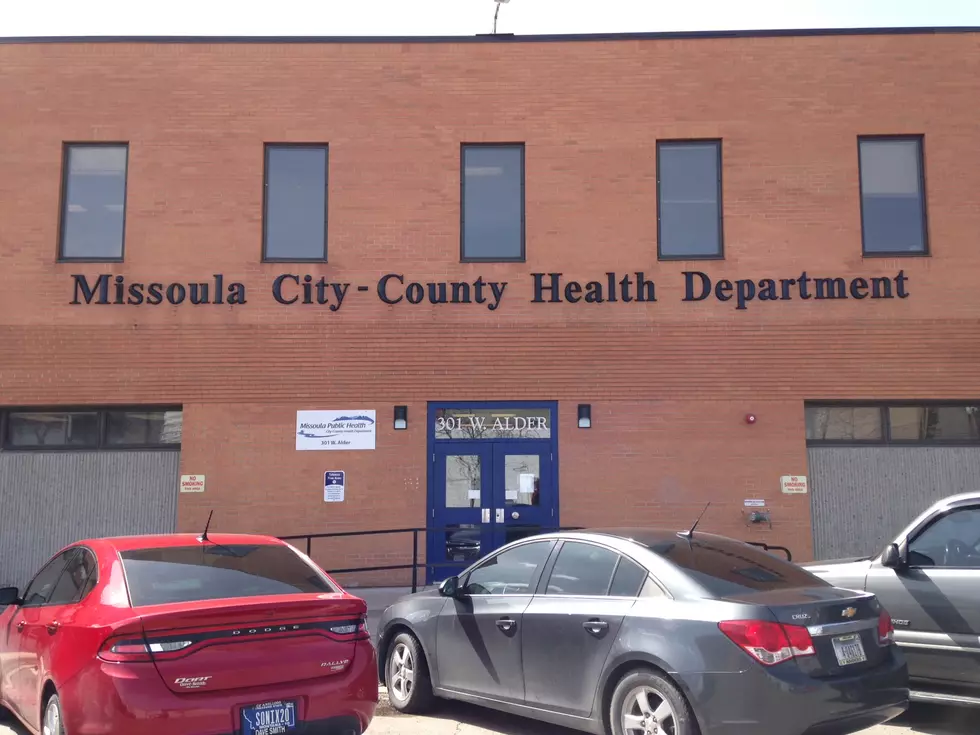
With an Eye on Measles – Health Department says Pertussis Fading
There are still a few pertussis cases appearing each week, but far less than in the past few months, says Ellen Leahy, Director of the Missoula City County Health Department.
Leahy said there is a benchmark that would officially signal the pertussis outbreak to be fully controlled.
“Technically what we do is when we have an outbreak and we see it on the down slope like it is now, we hope for our last case,” said Leahy. “We won’t know it’s our last case until we count one more incubation period, which for this disease is 21 days, so when we go for 21 days without seeing a single case, then we can officially say this outbreak is over.”
Leahy said the Health Department has been keeping a watchful eye on measles, which has seen outbreaks in Washington and Oregon, and just this week, one case in the Idaho panhandle.
“We’ve been preparing for measles for the past two years and much more actively now as we see it moving closer towards our state,” she said. “We have received lots of guidance from the Centers for Disease Control. We had a tabletop exercise with various healthcare providers and the university to talk over what we would do with a measles case.”
On the KGVO Talk Back show on Tuesday the guest was Dr. Peter Marghella, who is credentialed as a Certified Emergency Manager in the International Association of Emergency Managers, and is a Fellow in the American College of Contingency Planners, which he Co-Founded and served as its first President. He is the only non-Physician member of the Board of Directors for the American Board of Disaster Medicine.
Marghella was concerned that a recent move to discredit the measles vaccine has resulted in the outbreak of a disease that has been successfully controlled for a generation.
“These vaccines that were are giving to our children on a regular basis have literally prevented the outbreak of these diseases down to a zero index nationally and in some cases globally for more than 50 years, are causing these diseases, principally measles, to reemerge, and reemerge in clusters that are demonstrating a serious public health danger,” he said. “The American Academy of Pediatrics in 20 years of exhaustive studies have demonstrated that there is absolutely no, let me repeat that, absolutely no causative link between the (measles) vaccine and the subsequent emergence of autism in young children.”
Health Department Director Leahy seconded Dr. Marghella’s confidence in the measles vaccine.
“The neat thing about the measles vaccine is that even for those who didn’t have it or maybe they’re not up to date, is that if you can get a vaccine into your system within 72 hours after exposure you can actually stop them from getting the disease,” she said. “So, we have to focus and we have to move very, very quickly through the measures I’ve just described.”
Leahy said measles is a very serious disease.
“It does kill, and that is, of course, the worst outcome,” she said. “More than like the outcomes will be central nervous system problems, affecting vision, affecting hearing , so even if a child doesn’t have long-term problems, they can get very sick and need to be hospitalized, and then, of course, they’re contagious, so they at risk of spreading it to others who will have the same problems.”
Leahy said the measles vaccine is available from any healthcare provider and the health department offers the vaccine on a sliding fee scale or at no charge if there is no ability to pay.
More From Newstalk KGVO 1290 AM & 98.3 FM









